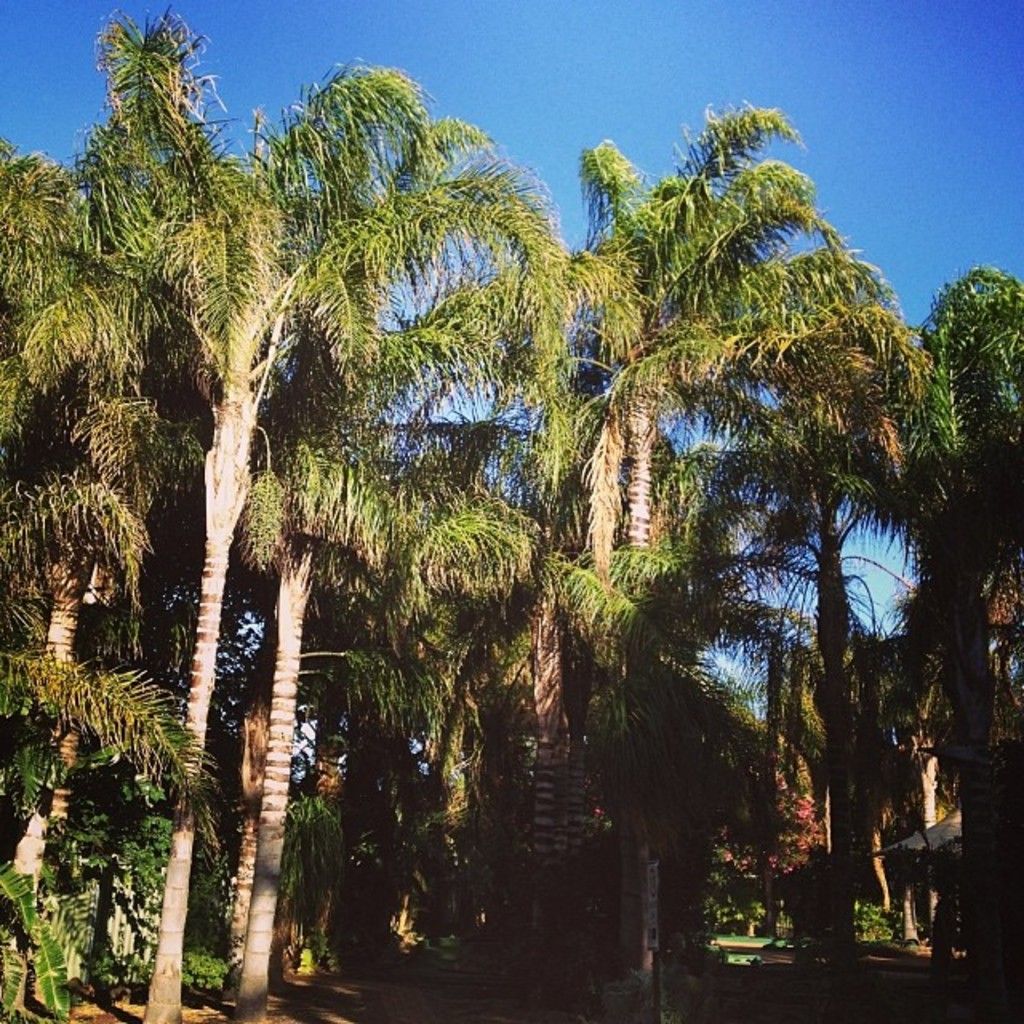Scientist Visit Guidelines for Schools: Tips and Advice
Fun With Science: Connecting With Students Like a Pro
Sharing your love for science with young minds is a powerful way to spark curiosity and encourage them to consider science careers. Here's a guide to make your classroom visit or online discussion engaging, educational, and a breeze.
Embrace the Excitement of Learners
Don't be intimidated - teachers are responsible for student behavior. If things get loud, simply give a nod to the teacher to regain control. Students love hands-on learning, so plan activities for maximum engagement.
Spice Up Your Talk: Mix and Match
Break your talk into short, digestible segments with visuals like images or videos, and include interactive elements such as quizzes, group discussions, and storytelling to keep students interested and motivated to learn. Remember, the aim is to inspire and share your knowledge, not to entertain.
Time Management
Don't stress about finishing exactly on time. Teachers are experts in filling gaps, and they can facilitate Q&A sessions, follow-up discussions, or even Continue the activity after breaks or transitions to other activities.
Pre-Visit Preparations
Before your visit, ask teachers for a set of questions to gauge students' knowledge level and interests. Use the framework provided by The Hub to guide question development. And don't forget to prepare additional resources for curious students who want to learn more after your visit.
Ready, Set, Educate!
Engage students with a pre-visit activity, such as videos, articles, or picture books about the topic. Provide a vocabulary list to help students familiarize themselves with specialized terms you might use during your presentation.
Inspiring Future Experts
Being a scientist means more than just knowing the facts. Share your passion and enthusiasm for the subject matter. If you're unsure about an activity, consult the classroom teacher or reach out to us for guidance.
Tips for Planning
When working with students, adjust your expectations and remember that connecting and inspiring is more important than being precise. Use internet resources or ask the classroom teacher for ideas if you're unsure how to plan an engaging activity.
Time management revisited
Keep in mind that activities will often take longer than anticipated. Consider doing a demonstration with student helpers, then allowing student groups to replicate the activity after your visit. This can also help with safety considerations.
Making a Difference
Classroom visits can make a significant impact on a student's scientific learning. See how an online interview with a Rocket Lab engineer inspired students in the article "Connecting with Scientists". Also, check out "Scientists are Real People" for more insights on the impact of scientists connecting with students.
Data Driven Success
Research consistently shows that connecting students with scientists contributes to increased scientific literacy, sparks career interests, and enhances student engagement in school[1-3].
Bonus Tips:
- Storytelling and Real-World Connections: Frame experiments as quests or adventures, and use real-world contexts to make science more relatable[1].
- Encourage Curiosity and Inquiry: Ask open-ended questions, incorporate mystery and intrigue, and gamify learning[1].
- Foster a Scientific Mindset: Emphasize persistence, failure, and the process of discovery. Share stories about accidental scientific discoveries[1].
- Community and Real-World Engagements: Invite scientists to speak to classes. Connect classroom learning to real-world science applications and challenges[2].
- Innovative Teaching Techniques: Use technology and multimedia to make complex concepts engaging. Encourage experiential learning through field trips, lab experiments, and hands-on activities[5].
Here are two sentences that incorporate the given words and follow from the text:
- To foster personal growth and encourage lifelong learning, share your passion for science by framing experiments as quests or adventures and emphasizing the process of discovery.
- In addition to inspiring students, connecting with them through storytelling and real-world connections can contribute to their education and self-development by enhancing scientific literacy and sparking career interests.








